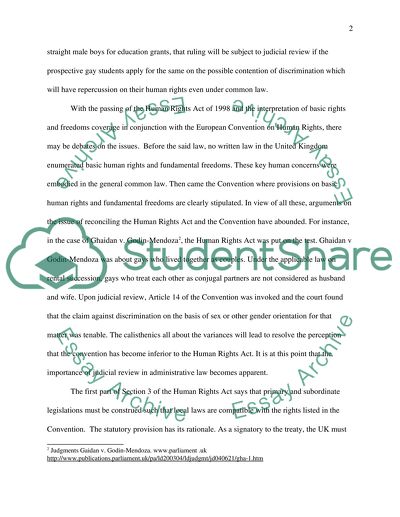Cite this document
(“Functions of a public nature under a provision of the Human Rights Act Case Study”, n.d.)
Retrieved from https://studentshare.org/law/1528916-administrative-law-degree-case-study
Retrieved from https://studentshare.org/law/1528916-administrative-law-degree-case-study
(Functions of a Public Nature under a Provision of the Human Rights Act Case Study)
https://studentshare.org/law/1528916-administrative-law-degree-case-study.
https://studentshare.org/law/1528916-administrative-law-degree-case-study.
“Functions of a Public Nature under a Provision of the Human Rights Act Case Study”, n.d. https://studentshare.org/law/1528916-administrative-law-degree-case-study.


